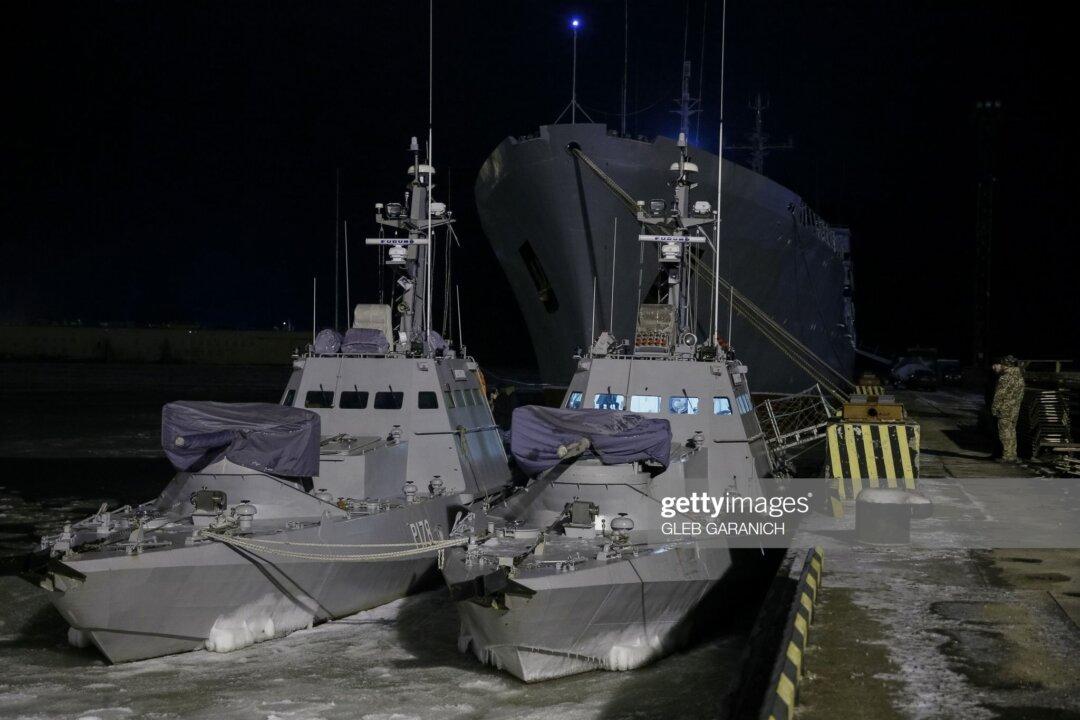“Citius, Altius, Fortius”—Olympic motto
The Latin Olympic motto, translated in English as “faster, higher, stronger,” could, unfortunately, be supplemented by the addition of “ever more corrupt.”
Indeed, the Olympic ideal of competition between uncompensated amateurs (other than with a laurel wreath for the victor) is not even a polite fiction on the level of the individual athlete. All involved compete for local/national endorsements, financial support, and high-tech training facilities.
The issue of the drug-enhanced athlete seems to be a competition between the athlete with the best pharmacy and those whose illegal drugs are detected by sophisticated testing. And when the competition was opened to fully paid professionals, for instance, basketball and tennis, the ideal of amateurism totally disappeared.





